Are there laws hidden inside our universe that could help us fulfill our desires… effortlessly?
Many people would hear that and quickly say: No way! That’s totally understandable. We’ve always been told that success is about hard work and pushing forwards to get what we want.
“Easy spiritual success” does sound too good to be true. But at the moment, The Seven Spiritual Laws of Success has an average rating of 4.8 stars on Amazon, with over 7,500 ratings total. And many reviewers use words like “life changing” to describe this book.
So right here we’ll be exploring some of the main lessons in the book. Let’s find out together if there are some valuable gems to be found in Deepak Chopra’s teachings…
Who is Deepak Chopra?
Deepak Chopra, MD (his website) is a popular speaker and multiple New York Times-bestselling author. He grew up in New Delhi, India. Then he moved to the USA and was certified as an endocrinologist. He was involved in the rising popularity of ancient Ayurvedic medicine (Ayurveda.com) in the West, then broadened his focus to holistic health and spirituality.
🧘 1. Stay Silent: Reconnecting with your true Self
The first spiritual law in this book is about “pure potentiality.” Chopra spends a chapter on this idea, but I’ll see if I can explain it in one paragraph…
In our daily lives, we appear to live in a world of objects, boundaries and limits. Me, you, us, them, inner, outer, better, worse, and so on. Yet there is a state we can learn to access that is outside of all that. Outside of desire for security, fear of criticism, feeling inferior or superior to others. This is the state of “pure potential” which is really our true Self. It’s who we are underneath our social mask and our attachments to possessions, life situations and symbolic identities.
Okay, I hope you got all that, because I’m not explaining it again! 😆
But how can we access that state of our true Self? Deepak shares four practical ways:
- Silence. This means having no internal dialogue, no inner voice in your head that is constantly narrating everything. Yes this will be very difficult at first, but you can learn to do it!
- Meditation. Chopra recommends 30 minutes every morning and evening. This can be very simple, like paying attention to your breathing. Professional psychologists use “centering” techniques (Apa.org) like this to help people relieve stress and worry.
- Non-judgment. (We’ll talk about this in the next lesson.)
- Nature. So go for a hike! In other books I’ve learned there are great mental health benefits to “forest bathing,” which means walking through nature aimlessly.
If you’re looking for more guidance about how to quiet your mind, then I highly recommend The Power of Now by Eckhart Tolle. When many people hear the phrase “living in the present moment” they think it’s about living without planning or consideration, but that isn’t what spiritual teachers mean at all!
Eckhart Tolle taught me that living in the now is about reconnecting to our physical senses and centering our attention on the world around us. We spend so much of our lives in mental distress over the past and future. We’re either neurotically reliving the past (which cannot be changed!) or we’re anxiously imagining bad future events (which almost never happen!) So keeping our attention in the present moment more often is one of the best ways to enjoy life more.
Learn more in our summary of The Power of Now by Eckhart Tolle
Our regular life is made of separate objects and boundaries, but underneath that is a state of “pure potentiality” which is our true self beyond fear, desire or identity. We can access that state through silencing our mind, meditating 30-60 mins daily, not judging, and being in nature.
🌌 2. Don’t Judge: Accepting everything as it is
Non-judgment, also known as acceptance, is a theme that runs throughout this book. This teaching goes all the way back to the Buddha, who taught that when we resist what is happening then we only multiply our suffering. Putting aside our mental habit of judgment is about acting from love and flowing with nature, rather than acting from a desire for control and power.
We can practice non-judgment with:
- Feelings. Allow your feelings to be, without labeling some as ‘bad’ and others as ‘good.’ The mega-popular self help author Mark Manson says people often fall into negative feedback loops. We feel bad, then we think that we shouldn’t be feeling bad, so we feel even worse. His way out of these negative spirals is to accept we all feel bad sometimes and that’s normal. (Read more in our summary of his book The Subtle Art of Not Giving a F***)
- People. Love them or hate them, other people can impact us emotionally more than anything else. A difficult but powerful practice is to be around another person without judging them for a while. The author Don Miguel Ruiz puts it like this: “Real love is accepting other people the way they are without trying to change them.” (Our summary of his book The Four Agreements.)
- Situations. When we’re upset about something that happened, then we can resist it and remain stuck, or we can accept it by taking responsibility. Now, most of us see responsibility as blame, but in Deepak’s dictionary responsibility simply means responding to the situation, finding the best way to transform a challenge into an opportunity.
Non-judgment means accepting all that is happening, flowing with life rather than resisting it. We can practice this through accepting all our feelings, accepting others unconditionally and transforming challenges into opportunities.
🤲 3. Give Graciously: Sharing increases our abundance
The next law in the book is about giving. Normally, we feel that giving to others results in us having less. But Deepak says the universe works in a counterintuitive way, so the more we give the more we will have. By giving we’re keeping energy flowing between us and the universe, just as water needs to keep moving down a river for it to stay fresh.
Now, some people may read that and accept it right away. Others may see it as hippy nonsense that is disconnected from reality! 😝
For what it’s worth, let me share a quick story. When I was getting started in online business, the best marketing teacher I found was Dan Kennedy, who created hundreds of highly successful advertising campaigns. He’s one of the most practical and results-oriented people you’ll ever hear, but one day I was very surprised listening to one of his seminars…
Dan Kennedy said he gave a 10% of his income to charity and this seemed to bring more material abundance into his life! He freely admitted that he couldn’t explain why it worked, but he recommended all his students seeking success to do the same. So maybe this law of giving is not something that we can understand rationally, we just have to try it in our lives and see what happens.
Some useful guidelines for giving:
- Give whatever you wish to receive. For example, if you’re feeling lonely, give someone else friendship and appreciation.
- Give with the right intention. When you give reluctantly, the universe will receive the wrong message, so give with joy.
- Give not just materially. The most precious gifts don’t have a price like kindness, caring, compliments, kindness, etc.
One of my favourite books ever is The Prophet by Khalil Gilbran. It’s a fictional book, almost like poetry. It’s about a prophet who is about to set off from his hometown on a long journey. In the story, this prophet is asked for advice about giving and he says, “There are those who give little of the much which they have—and they give it for recognition and their hidden desire makes their gifts unwholesome. And there are those who have little and give it all. These are the believers in life and the bounty of life, and their coffer is never empty.”
Usually we feel that giving results in us having less. But Deepak says it is a law of the universe that giving increases the flow of abundance in our lives. Give whatever you wish to get, give with joy, and give non-material gifts like your attention, caring, kindness, etc.
🧠 4. Decide Intuitively: Tapping into our inner intelligence
You’ve probably heard the word “karma” before. It began as a religious idea in Hinduism and Buddhism, that what we do in this life will affect our next life. In mainstream culture, karma is about all our actions having consequences. This is the next big idea in this book, the Law of Karma or “cause and effect.” So if you want to have a good or happy future, then you need to make good and right decisions today.
One of the earliest Western self help authors was James Allen, who shared similar wisdom in his classic book As a Man Thinketh (our summary). He said our mind is like a garden and our thoughts are like seeds. So it’s very important to plant positive seeds and nurture them, because these grow into our reality.
But how can we make the right choices to avoid bad future karma? According to Deepak, the key is to listen to our intuition, which means feeling inside your body to your heart or belly area. Pay close attention and you will receive signals that can guide you towards one direction.
Modern people often dismiss this type of emotional wisdom, but many experts in psychotherapy now say our bodies can be a source of deep intelligence and healing power. Dr. Bessel Van der Kolk founded one of the leading trauma treatment centers and wrote the mind-blowing book The Body Keeps the Score. He is very enthusiastic about the benefits of body-based practices such as breathing, mindfulness, movement, chanting and massage.
In fact, in his Trauma Center yoga became a core part of the schedule for many patients because so many studies have now proven its many benefits. Yoga has been shown to reduce symptoms of anxiety, depression, stress, anger, PTSD and even physical health issues like high blood pressure and lower back pain. This is because a major part of yoga is paying attention to your breathing and inner body feelings, not just exercise or stretching.
Learn more in our summary of The Body Keeps the Score by Bessel Van der Kolk
Karma means cause and effect, our actions today creating our future. We can build good karma by listening to our inner intuition when we make a decision. Really putting attention inside your body to see what it’s telling you, especially in the heart/belly area.
🕊️ 5. Remain Detached: Desiring without attachment transforms us
The final spiritual law we’ll discuss is about detachment. This is a tricky, slippery idea to understand. How is it possible to want something, yet not care about getting it at the same time?
The key, according to Deepak, is by acting with present moment awareness, with ‘one-pointed’ attention in the proper place. When you do something while remaining in the now, then you’re completely engaged in what you’re doing. Then you can enjoy the effort, and remove a lot of the suffering most people associate with work or achievement.
This reminds me of an idea from psychology called the Flow state. Researchers studied people who are masters at what they do like artists, athletes, etc. They found people perform best when they enter a “flow state” where they basically become at one with what they’re doing. Being in a flow state means we’re totally focused on what we’re doing now, we may lose track of time and we simply aren’t thinking very much about the future payoff. I think this is part of what Deepak is talking about.
This idea can be traced far back to some of the most ancient wisdom. In the Tao Te Ching, Lao Tzu wrote, “Giving birth and nourishing, having without possessing, acting without expectations, leading and not trying to control: this is the supreme virtue.”
It’s all about walking a razor’s edge between control and spontaneity, between known and unknown. Staying with what we know feels safe, but causes us to wither. When we remaining somewhat detached from both success and failure, that gives us freedom to step into the unknown. And always having one foot in the unknown is where true security and well-being are found.
For example, in my career of online business, everything is constantly changing. Sticking to what worked 5 years ago is actually the risky strategy. The most sure path to prosperity is to be always trying new things with an open mind. Businesses fail all the time when they fail to adapt to a changing environment.
Detachment is striving for what you want without being attached to getting the outcome. This can be achieved through one-pointed attention in the present moment. Being totally engaged with what you’re doing so you lose track of time.
- Set aside 5 minutes every day for silence. This means just living while putting aside the constant internal monologue we all have chattering in our heads. You could schedule this first thing in the morning, or do it as part of another routine like when you’re taking a shower.
- Give $5 to charity or 5 minutes to another person. We often fall into a trap of thinking we’ll be more generous ‘someday’ but according to this book it doesn’t work that way. First you give, then you’ll receive. A small step is a great beginning.
- Refer to your inner feeling for a small decision. For example, Marie Kondo has helped millions of people tidy and organize their lives. A key part of her method is sorting through all your possessions and for each one asking “Does this spark joy in me?” Based on the feeling, either keep the item or discard it.

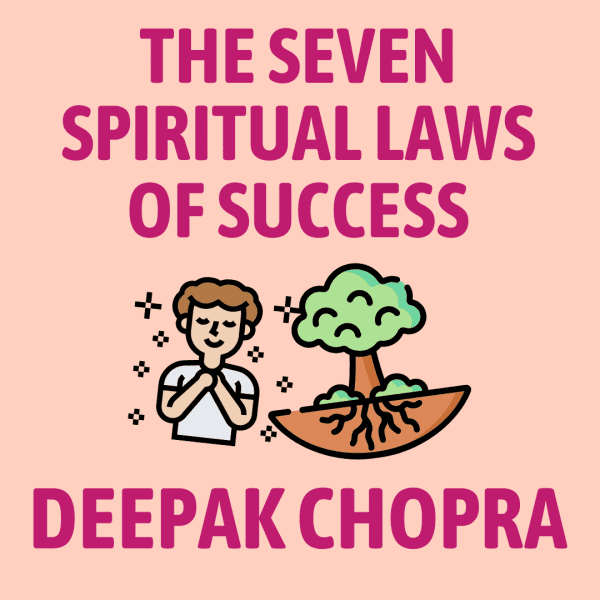
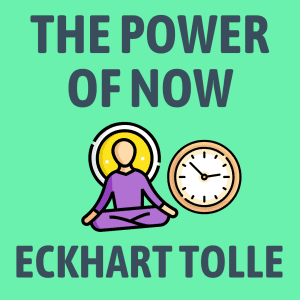
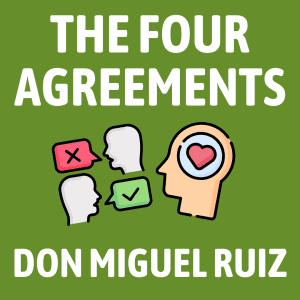
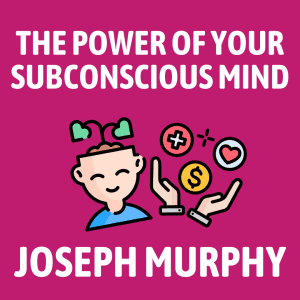
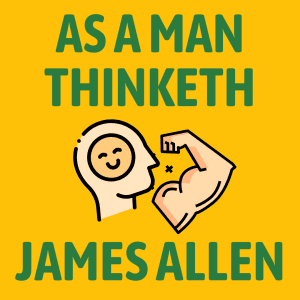
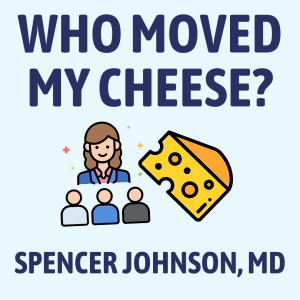


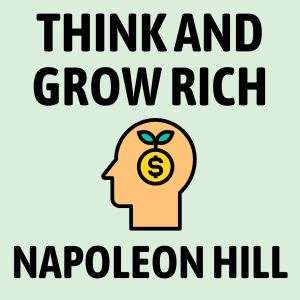

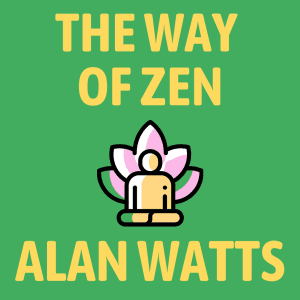


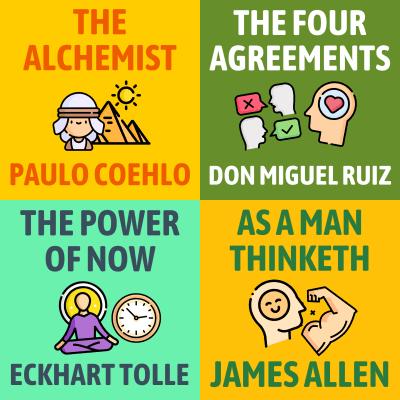

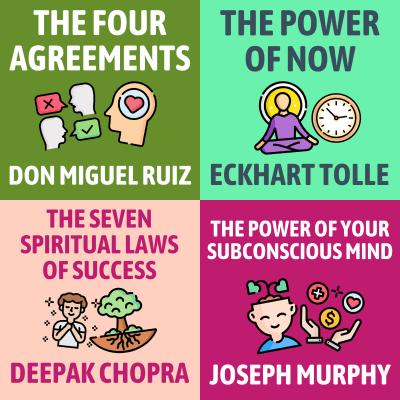
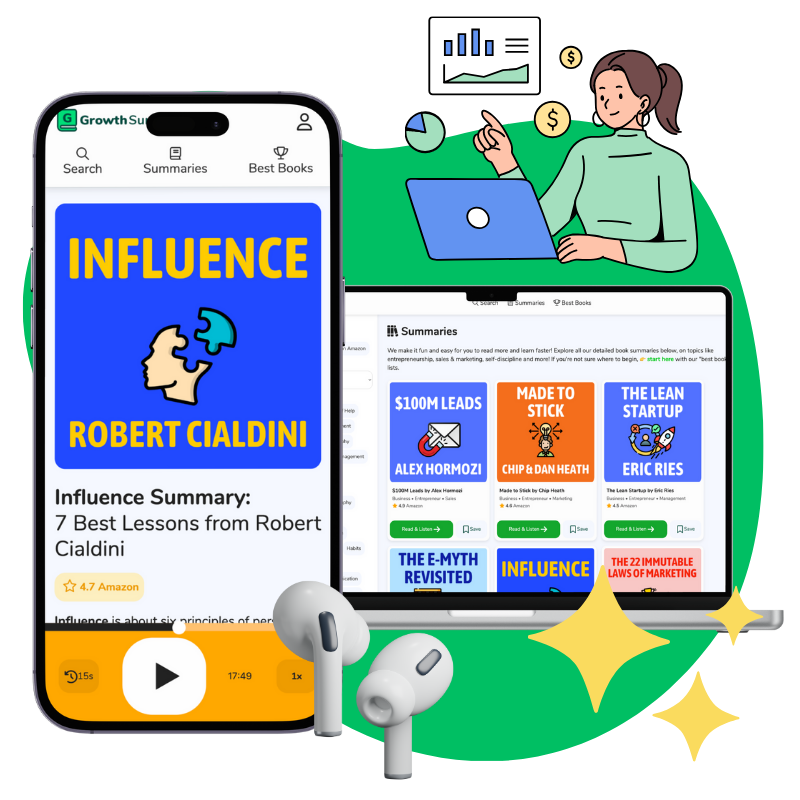
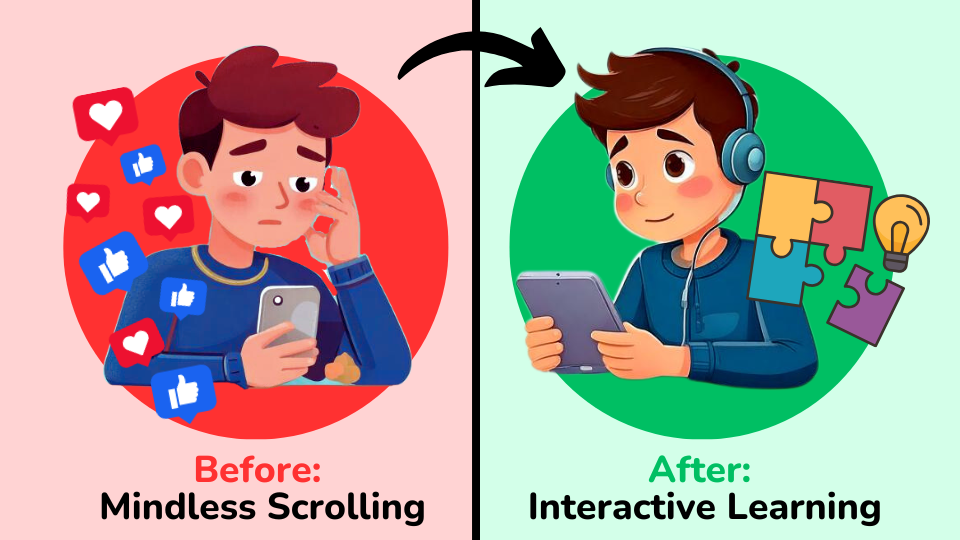








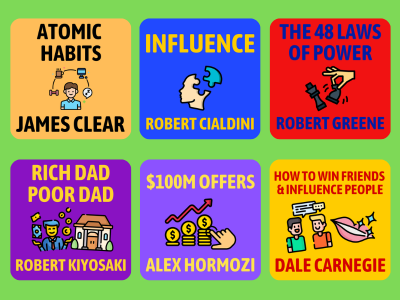
Community Notes